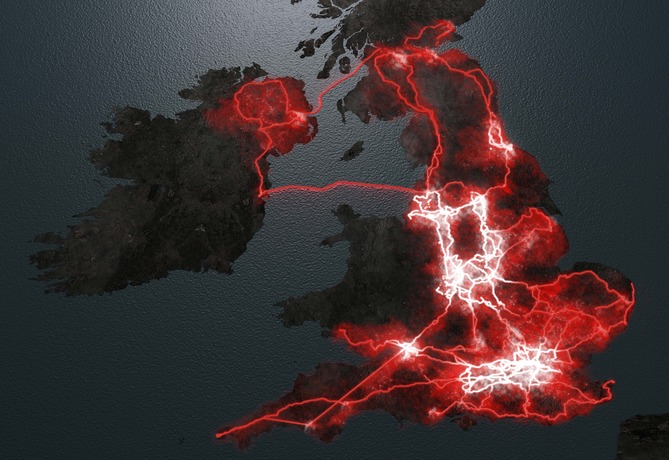Government Names Locations For 1Gbps FTTP Broadband Trials

Government hopes £10m trial of ultrafast broadband in Aberdeenshire, Sussex, Bath, Bristol, Manchester and West Yorkshire will stimulate market
The government has chosen six areas of the UK that will host trials of 1Gbps ultrafast broadband with a view to encouraging adoption and coverage.
Aberdeen and Aberdeenshire, West Sussex, Coventry and Warwickshire, Bristol and Bath & North East Somerset, West Yorkshire and Greater Manchester. The pilots will receive £10 million as part of a wider £200 investment by the government.
“We want to see more commercial investment in the gold standard connectivity that full fibre provides, and these innovative pilots will help create the right environment for this to happen,” said Minister for the Digital Economy Matt Hancock.
“To keep Britain as the digital world leader that it is, we need to have the right infrastructure in place to allow us to keep up with the rapid advances in technology now and in the future.”
UK broadband trials
Existing government broadband projects have so far connected 4.55m premises to superfast broadband (24Mbps and faster), and it is expected that a 95 percent coverage target will be met by the end of the year.
The government also wants a universal service obligation (USO) that would allow anyone in the UK to demand speeds of at least 10Mbps – although BT may be prepared to do this without the need for the regulation.
The overwhelming majority of this has been done using fibre to the cabinet (FTTC) technology rather than the fibre to the premise (FTTP) that the government now wants to help stimulate the economy ahead of Brexit.
Openreach plans to deliver ultrafast broadband to the majority of the UK by 2025 using a combination of G.Fast, which speeds up copper connections, and FTTP. A number of ‘alternative’ network providers are also building FTTP networks, as is Virgin Media.
But the government wants more investment ans hopes the trials will ‘simulate’ demand and encourage more networks to be built around the UK.
“How we live and work today is directly affected by how good our broadband connection is,” said secretary to the Treasury Andrew Jones. “Reliable connections enable new industries to flourish, help create jobs and give people flexibility in how and where they work.
“For our economy to thrive, it is vital we make smart investments to ensure our digital infrastructure is world class and fit for the future. Full fibre connections are the gold standard and we are proud to announce today the next step to get Britain better connected.!
Do you know the history of BT? Try our quiz!